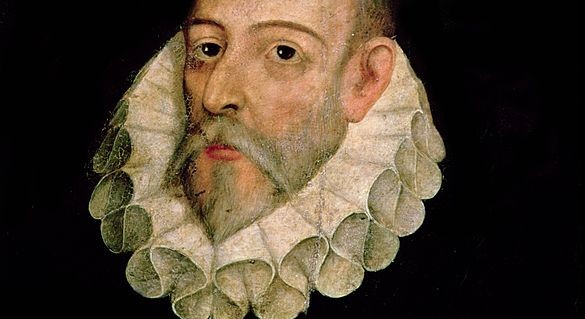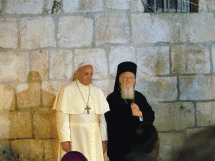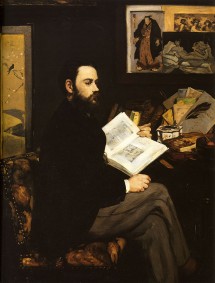Category Archive: Classic Books
Wuthering Heights
(by Emily Brontë) (1847) It is, maybe, the greatest novel of them all: passionate; intransigent, mystical, sui generis. Wuthering Heights is where heaven and hell combine, and it outdoes either. It is mythical, whilst at the same time, prosaically real. It is made eternal by the art of Emily Brontë, and her characters, Heathcliff and Catherine, whose afterlife-marriage stoked the fires of romanticism that still flicker in our post-modern age. (Indeed, is Heathcliff the Humbert Humbert of that earlier age? As Joyce Carol Oates observed, “Heathcliff’s true bride is Death.”) He is a cruel man, with some reason, but he develops humanity of a sort over the course…
Continue Reading →“Home art gone, and ta’en thy wages”

(Painting of William Shakespeare attributed to John Taylor)
Commemorating the death of the Bard (April 23 (?) 1564 to April 23, 1616) today, we note that William Shakespeare mesmerised his world, and the world ever since, although recently it seemed his status had become diminished. We predict this to be a mere phase. His plays are still staged and he will persist (to some, annoyingly so) in outpointing everyone else. Here are some random tributes, old and new: Shakespeare changes the entire meaning of what it is to have created a man made out of words. [Harold Bloom, The Western Canon 1994] What is generally forgotten is that Shakespeare himself is…
Continue Reading →Miguel de Cervantes

Cervantes (portrait attributed to Aguilar)
The creator of Don Quixote died 400 years ago today in Madrid, a day before Shakespeare (or perhaps the same day, or maybe 10 days before – it depends on your calendar). All Spain celebrates the Don’s anniversary publications of Part I and the much more laboured but somehow better Part II; we expect today will effectively be a National Holiday in Spain, although perhaps we won’t be able to tell. In October 1947 there were special celebrations to mark his 400th birthday – a nation that venerates its geniuses might have a deplorable GNP but still be worthwhile. We expect…
Continue Reading →Money (L’Argent) by Emile Zola
As Zola’s The Masterpiece (reviewed here) is about art, the subject of Money is money, money, money, filthy lucre and all that. Aristide Rougon (known somewhat mysteriously as Saccard) loves the stuff. Saccard is an unscrupulous financier, rapist and fantasist who would sell his soul (again) to recapture his lost fortune and rule the Bourse (the nineteenth century French stockmarket). He lives in the house of the widowed Princess d’Orviedo, who is busy deliberately impoverishing herself by pouring her money into ludicrously luxurious and pointless charitable works…”intent on being true to the vow she had made to give all her millions back to the poor, without ever again earning…
Continue Reading →The Masterpiece
(by Émile Zola)* Zola wanted to say something about the art world and the seismic shift on western art wrought by impressionism, and he thought he’d plumb the lives and minds of his artistic friends in order to enrich the tragedy of the story. Where that got a bit willing was the central character of Claude Lantier, in Zola’s phrase “a sublime dreamer paralyzed by an inborn flaw”, clearly based in some ways on the author’s lifelong friend, Paul Cézanne. It’s typical Zola, good and fast, lots of machismo, a sweet love story (Claude and Christine), many tortured artistes and arrivistes…
Continue Reading →



